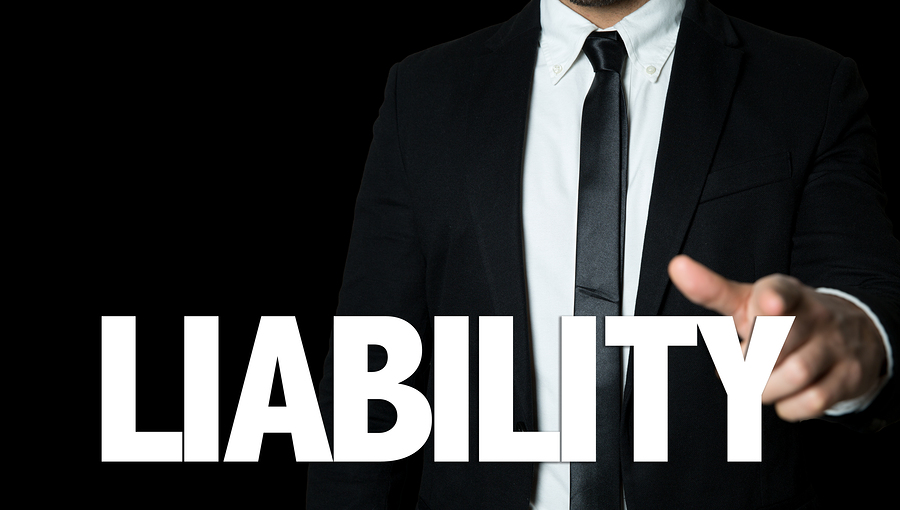 Mediation is a non-adversarial process that is an alternative to litigating a matter. The process seeks to get the parties to focus on working out their legal issue to avoid a costly and time-consuming court battle.
Mediation is a non-adversarial process that is an alternative to litigating a matter. The process seeks to get the parties to focus on working out their legal issue to avoid a costly and time-consuming court battle.
Mediation has been used for years to help resolve a number of agricultural disputes. Cities, states and federal agencies have developed programs to amicably resolve agricultural matters. Agricultural mediation may be requested by either party in a dispute involving agricultural loans or other creditors. Agricultural credit issues, crop insurance, disputes regarding pesticides, compliance with farm programs and water drainage issues may be other disputes that lead to mediation. Agricultural disputes may involve neighbor disputes, landlord/tenant disputes, labor disputes or even divorce issues regarding the farmland.
Nearly any type of civil legal dispute involving agriculture can be mediated. The disposition of the parties is the factor that is most relevant as to whether mediation will be successful. Parties who can come together as respectable agents working to resolve a legal issue even if they start as polar opposites can still successfully participate in mediation as long as they are open to the process and willing to consider alternative ways to resolve the dispute.
The mediator is responsible for helping the parties communicate better. He or she may talk privately to each party alone and then filter information to the other side. He or she will keep the parties informed of their progress and buffer settlement offers between them. He or she will try to empathize with each party and show an understanding of the topic at hand while also communicating the potential pitfalls and weaknesses in that party’s case so that he or she has a realistic idea of his or her position so that each party can make an informed decision about whether the case should be settled.






 When business partners are on the brink of splitting up, the consequences are often significant. If the business dissolves, employees may lose their jobs. Creditors may go unpaid. The goodwill of the business can be at stake. Legal fees may mount during this time. In order to prevent dissolution or sometimes to minimize the hardship that occurs during this process, the partners may wish to mediate their partnership dispute.
When business partners are on the brink of splitting up, the consequences are often significant. If the business dissolves, employees may lose their jobs. Creditors may go unpaid. The goodwill of the business can be at stake. Legal fees may mount during this time. In order to prevent dissolution or sometimes to minimize the hardship that occurs during this process, the partners may wish to mediate their partnership dispute. Trusts and estates disputes may arise for a number of reasons. A will may not be clear regarding which person receives what under the will. When assets are said to be divided among the children, this can create conflict as different items have different significance to the children. Because people tend to want to avoid conversations about death, will may not provide adequate details and people may not talk to their children or other beneficiaries before passing. This can make some parties believe that the testator was influenced by someone who benefited greater by the will. This can lead to a will contest in many situations.
Trusts and estates disputes may arise for a number of reasons. A will may not be clear regarding which person receives what under the will. When assets are said to be divided among the children, this can create conflict as different items have different significance to the children. Because people tend to want to avoid conversations about death, will may not provide adequate details and people may not talk to their children or other beneficiaries before passing. This can make some parties believe that the testator was influenced by someone who benefited greater by the will. This can lead to a will contest in many situations.
 Professional liability cases involve claims that someone has violated their professional duty. This may be a lawyer who violated confidentiality requirements, a physician who committed medical malpractice, an accountant who provided bad information or a financial advisor who violated a fiduciary duty, among others. When such issues arise, a lawsuit may be imminent. However, there are alternatives available, namely through the use of ADR solutions.
Professional liability cases involve claims that someone has violated their professional duty. This may be a lawyer who violated confidentiality requirements, a physician who committed medical malpractice, an accountant who provided bad information or a financial advisor who violated a fiduciary duty, among others. When such issues arise, a lawsuit may be imminent. However, there are alternatives available, namely through the use of ADR solutions.